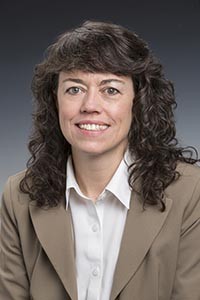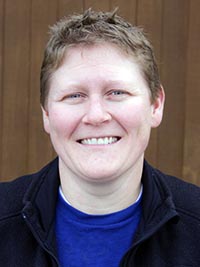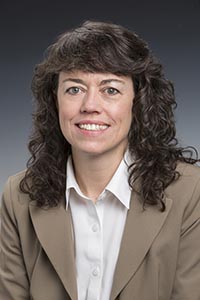
Donna Schantz is the executive director of the Prince William Sound Regional Citizens’ Advisory Council.
March 24, 2017, marked the 28th anniversary of the Exxon Valdez oil spill. Each anniversary is a time for reflection on how far we have come, as well as how much there is left to do. It is also a time to recognize the efforts of those who used the lessons of the Exxon Valdez to advocate for safeguards to ensure nothing like it ever happens again. Thanks to the foresight, vigilance, and tireless efforts of elected officials, government regulators, industry, and citizens, the oil spill prevention and response system now in place in Prince William Sound is an example to the rest of the world. A big part of the success in Prince William Sound is that all these partners work together. We all share one goal: to promote the safe transportation of oil. While every partner has played a vital role in the success in Prince William Sound, special recognition is warranted to honor past and current technical committee and board members of the Prince William Sound Regional Citizens’ Advisory Council. Our volunteers have put in countless unpaid hours dedicated to the mission of our organization.
Congress found that complacency on the part of industry and government personnel responsible for monitoring the operation of the Valdez Marine Terminal and associated oil tanker traffic in Prince William Sound was a major contributing factor to the Exxon Valdez oil spill. To combat this complacency, Congress established two regional citizens’ advisory councils, ours in Prince William Sound and another in Cook Inlet, to involve citizens in an environmental oversight and monitoring. Neither council could satisfy the provisions under this federal mandate without dedicated volunteers from throughout their respective regions.

